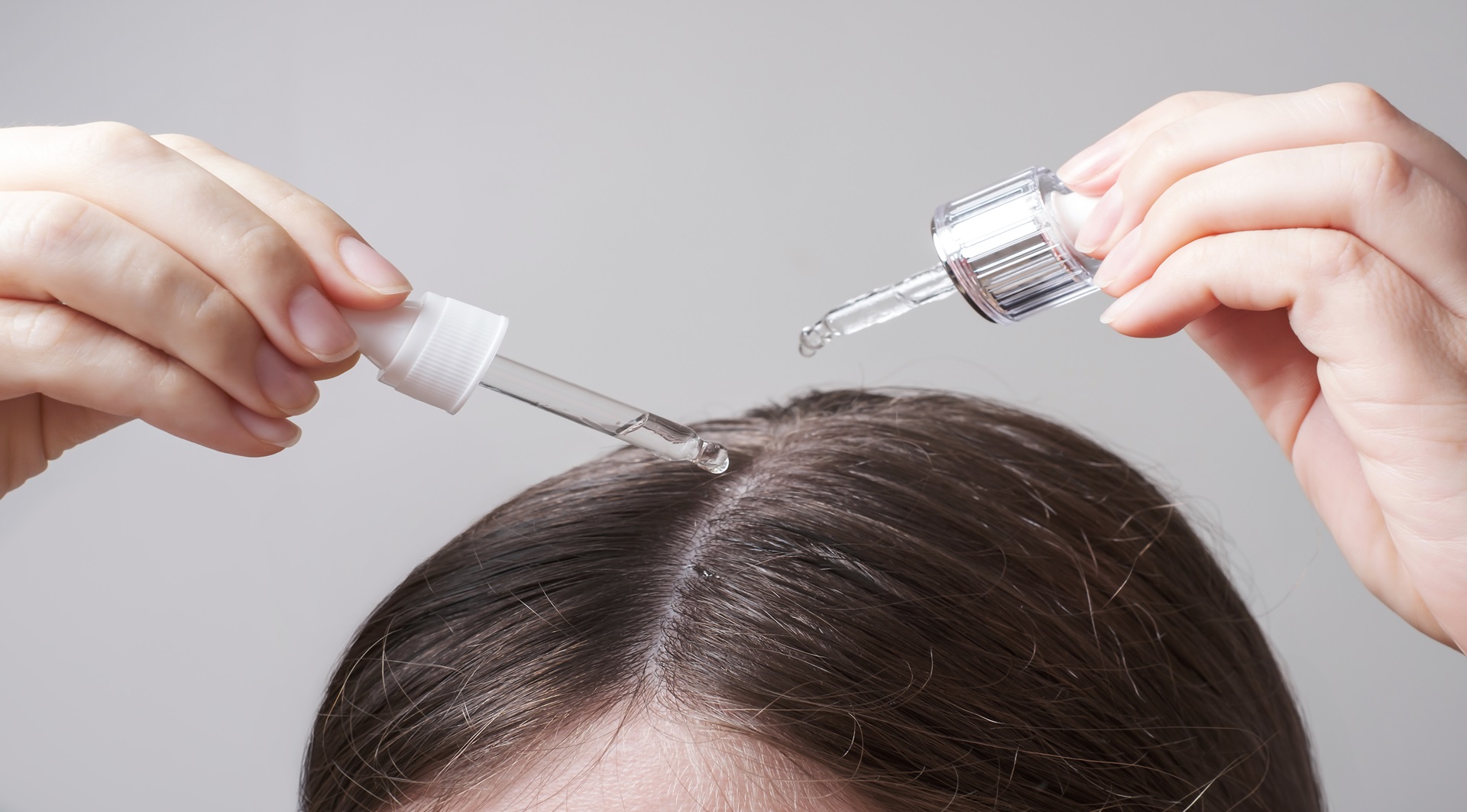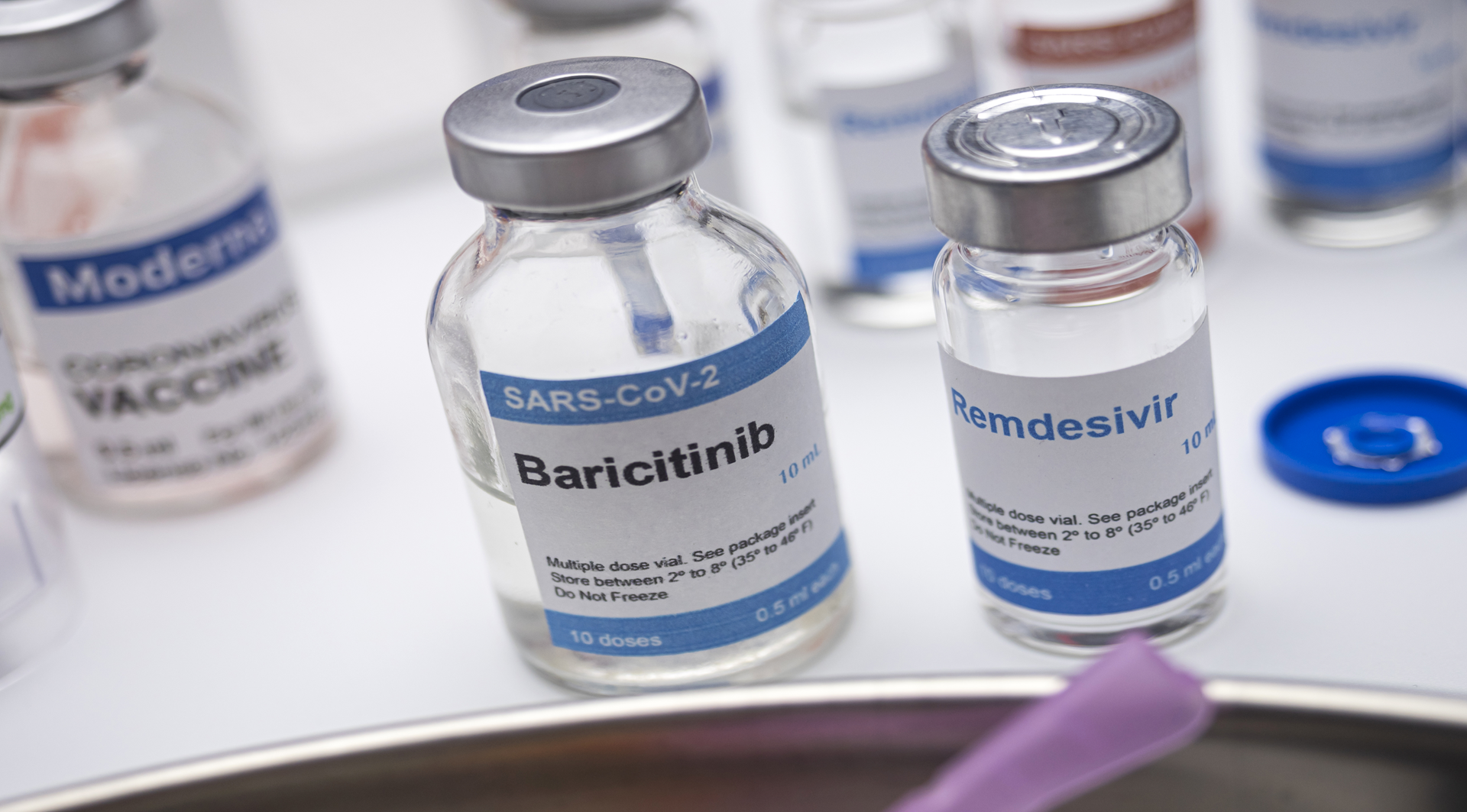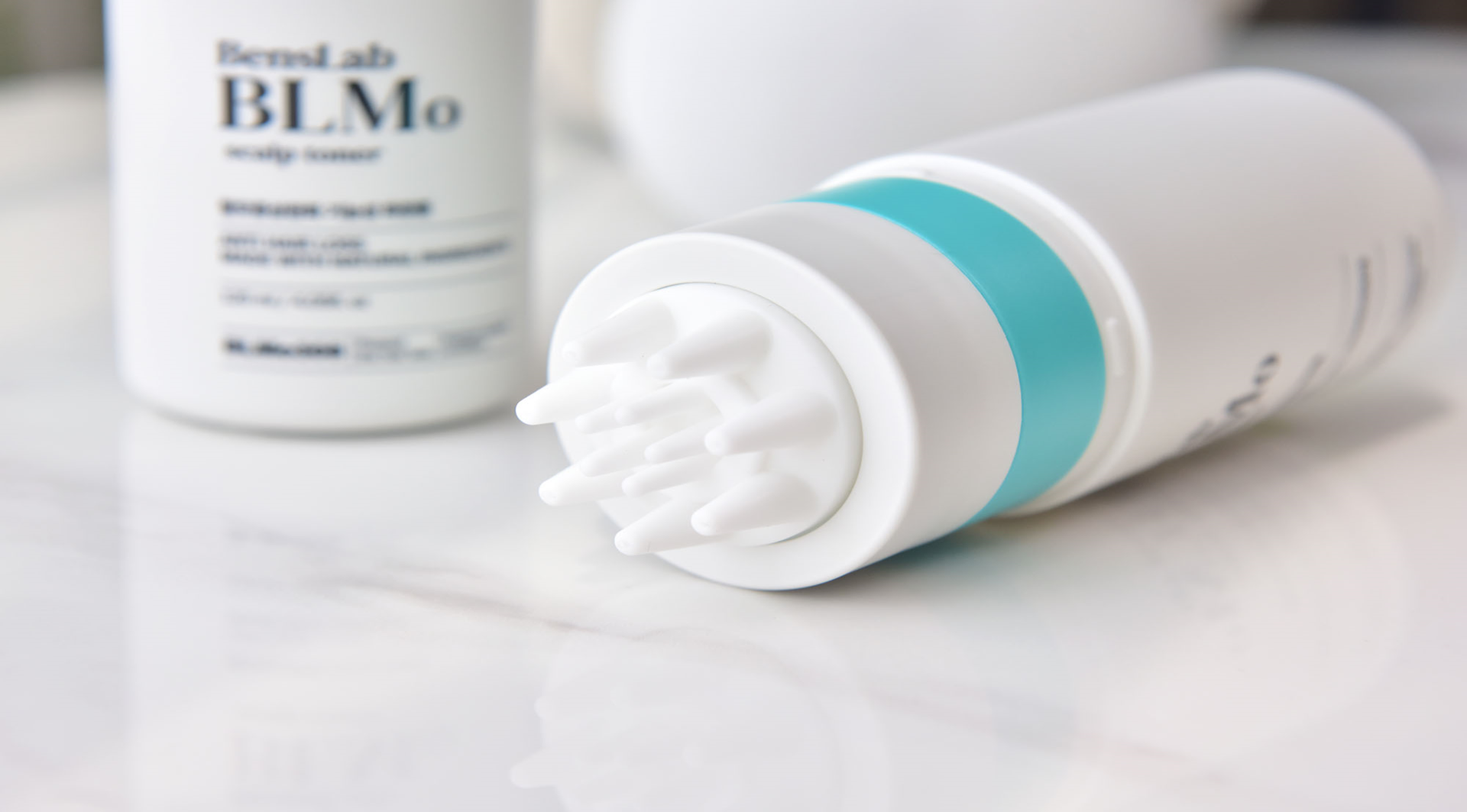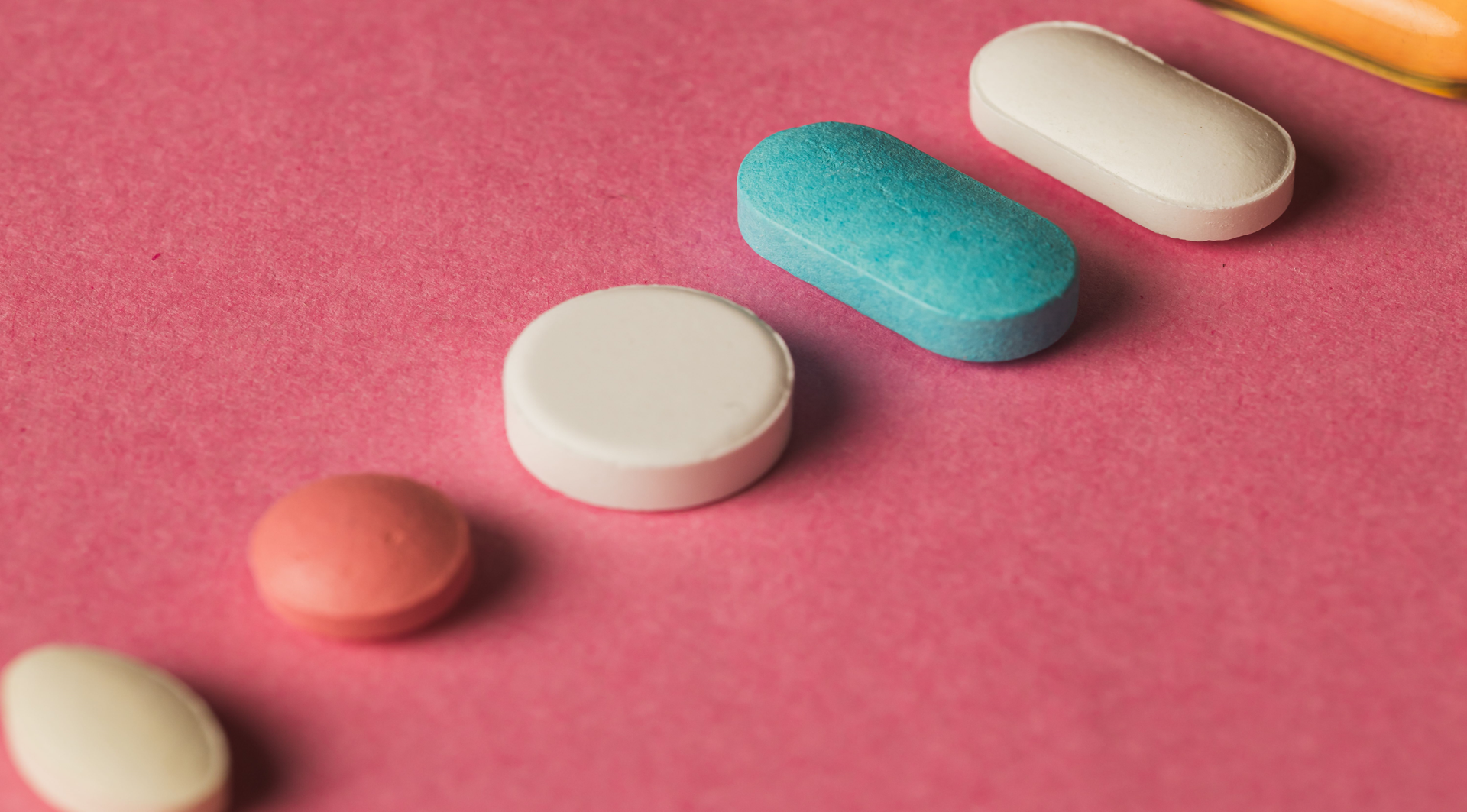Dandruff: Effective Lifestyle Habits for Prevention and Management
Dandruff, a chronic skin condition caused by excessive growth of Malassezia fungi on the scalp, can lead to itching, discomfort, and aesthetic concerns. It commonly affects individuals after puberty, with the prevalence rate reaching 10-50% among those in their 20s and 40% among those over 30.
While a complete cure for dandruff remains elusive, implementing lifestyle changes can significantly alleviate symptoms and prevent recurrence:
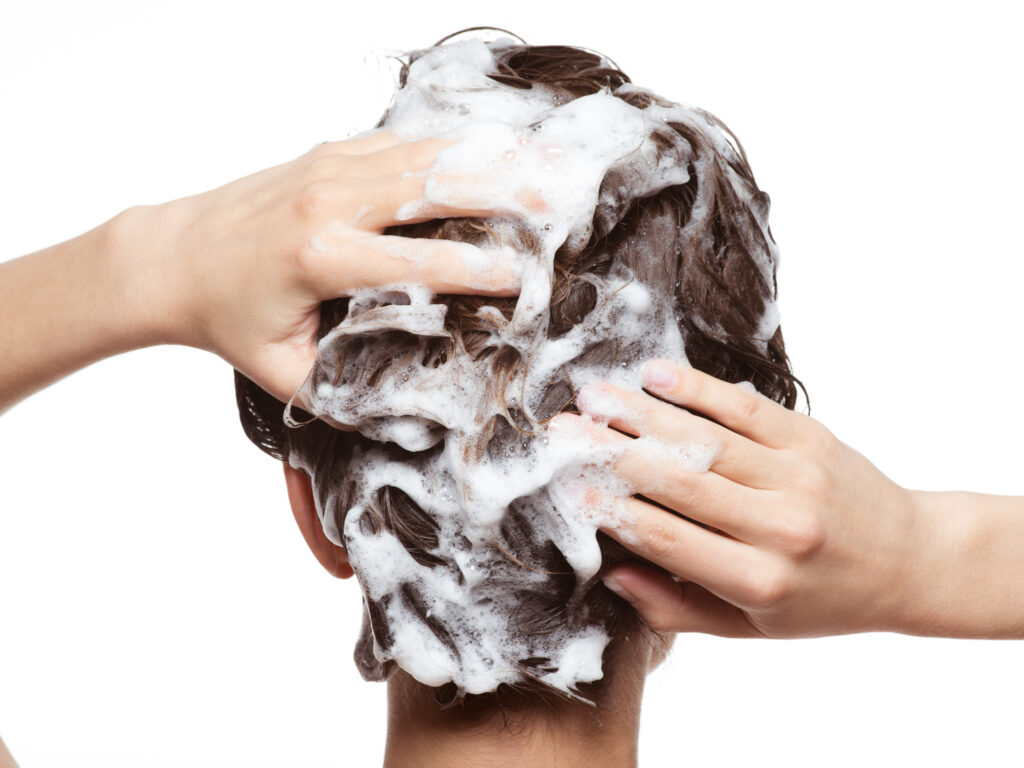
- Proper Shampooing
Shampooing once or twice daily helps remove scalp oils and fungi. While anti-dandruff shampoos are effective, regular shampoos can also work. Gently massage the scalp while shampooing and rinse thoroughly. However, using harsh shampoos or shampooing too frequently can irritate the scalp and worsen dandruff. Choose a suitable shampoo and avoid excessive washing.
Although anti-fungal dandruff shampoos can help treat dandruff, it’s important to note that they don’t provide a complete cure. Long-term use can lead to fungal resistance and may cause skin irritation or scalp inflammation. For severe dandruff with intense itching, consider using anti-dandruff shampoos, but focus on addressing the underlying causes through lifestyle changes, diet, and stress management.
- Use Lukewarm Water
Avoid washing your hair with cold water, as it may not effectively remove impurities. Similarly, excessively hot water can irritate the scalp and hair. Use lukewarm water (around 37°C) to maintain optimal scalp health. Additionally, thoroughly cleanse areas prone to dandruff, such as the hairline, around the ears, and near the hair roots.


- Avoid Excessive Brushing
While scalp stimulation can promote blood circulation and scalp health, excessive or harsh brushing with sharp-bristled brushes can irritate the scalp and worsen dandruff. Limit brushing to 2-3 times daily using a soft, round-bristled brush. Similarly, refrain from scratching an itchy scalp with your fingernails, as this can further irritate the skin and aggravate dandruff.
- Manage Stress
Stress can exacerbate dandruff symptoms. Incorporate stress-reducing practices into your routine, such as adequate sleep, regular exercise, and meditation.

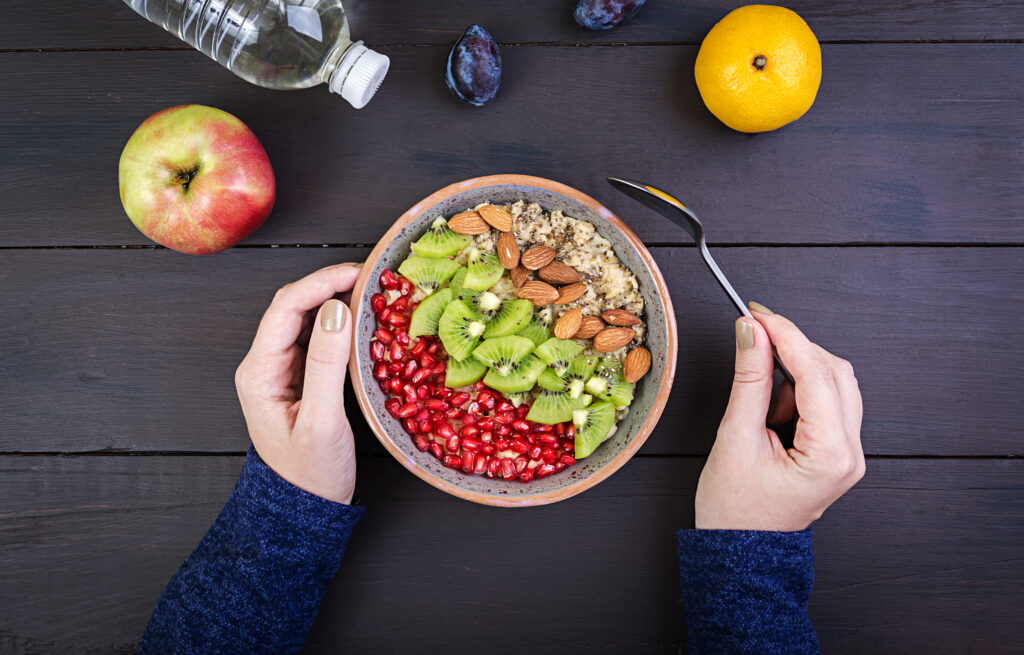
- Maintain a Healthy Diet and Lifestyle
Consume foods rich in vitamins, minerals, and antioxidants. Prioritize fruits, vegetables, and whole grains while limiting processed foods, sugar, and caffeine intake. Adequate hydration is also crucial for maintaining scalp health and dandruff prevention. Avoid smoking and excessive alcohol consumption, as these can impair blood circulation and nutrient delivery to hair follicles, potentially worsening dandruff.
- Wear Hats Appropriately
Tight-fitting hats can trap sweat and heat, increasing scalp humidity and exacerbating dandruff. Choose hats that fit comfortably and allow the scalp to breathe. Avoid prolonged hat-wearing, especially during warm weather. On sunny days, wear a well-ventilated hat that shades your scalp to protect it from ultraviolet rays, which can also irritate the scalp and contribute to dandruff.
By consistently incorporating these lifestyle practices into your routine, you can effectively manage dandruff symptoms, promote scalp health, and prevent the recurrence of this common skin condition. If your dandruff persists despite these measures, consult a dermatologist for professional guidance.






